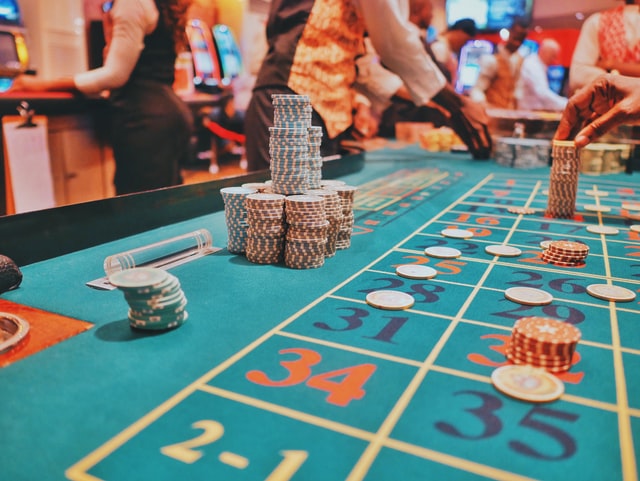The Mysterious Psychology Behind Casino
Casinos are the stuff of Hollywood movies. They’re flashy, expensive, and luxurious.
The gambling is often tense, high stakes, and deeply ingrained in popular culture. So what’s it all about? Well…
The remarkable truth of casino psychology is that there are two sides to gambling—both its hallmarks of excitement and thrill offset by the presence of risk.
But psychologists have found that superficially paradoxical process makes sense when you delve more deeply into psychoanalytical theory.
Psychoanalytical theory
It makes room for the idea that we experience both anxiety and excitement when gambling, according to Kissness.
The excitement is rooted in “risk of loss,” which he defines as the fear an individual might lose more than they’ve set aside money for.
Through analysis of a series of studies and experiments, Kissness and his colleagues have come up with a fascinating theory of gambling:
That casinos appeal to our anxiety of loss, while also offering the thrill—the exciting possibility—of winning.
The psychologists developed their idea after analysing data from the Experimental Study of Gambling (ESG).
He’s led research that indicates casinos succeed, in part, because they tap into a phenomenon known as “loss aversion.”
Gambling
A difficult thing for anyone to understand. Here are some absolute basics:
Gambling is a streaky business, with many ups and downs.
A scientific study from the University of Texas found that people’s luck varies widely, with about half of high rollers winning more than 80% of the time and another quarter hitting it out of the park more than half the time. Among lower-rolling players, things are even thinner.
Gambling has a real emotional component—even if we don’t realize it.
Research has found that novices who play casino games experience what’s known as “loss aversion. ”
They’re not just getting thrills. They’re also feeling anxiety over their money.
Some of that, researchers believe, is caused by the “pain of paying”—the financial difficulty stemming from what they put in the slot machine. The other part? Nerves.
That fact makes it easier to understand why casinos thrive in environments with loud music and flashing lights, which create a sense of distraction for players who might otherwise realise how anxious they feel about losing their money.
The cost-benefit analysis
On the flipside, they found that people who made higher bets tended to suffer anxiety over money in general, whether they won or lost.
This was particularly true of novices at the casino game of baccarat, which involves wagering on cards dealt by a dealer and making bets on those cards. https://thebrewsnews.com/
In that study, the loss aversion was particularly pronounced among novices who played baccarat—
a game in which the house rake-off is 2. 5% of each player’s bet. It’s hardly a large amount, but it’s still a significant sum (compared to the odds of 2. 5% against in blackjack) and enough to offset a person’s excitement over winning big on their last bet.
Gambling isn’t necessarily making players worse off
overall than they would be without it. In a study published in 2017, researchers at Duke University created both casino and non-casino versions of a lottery game called “Rock, Scissors, Paper” (RSP).
They found that players who played the non-casino version of RSP made fewer financial decisions that were beneficial for their personal finances.
But when they played the casino version of the game, their financial decisions improved.
That’s not to say it’s totally rational behaviour.
One explanation is that players get a rush from gambling and enjoy the thrill, even at the cost of making bad financial decisions.
Gambling can have benefits—
but only if you’re playing with a fair person doing games based on true randomness (something casino games aren’t).
A study published in the Journal of Gambling Studies looked at the impacts of a series of psychological games on a group of volunteers, including casino and non-casino versions of Yahtzee, Blackjack and RSP.
It’s important to note that loss aversion isn’t just a psychological phenomenon.
Since the late 1990s, behavioural economists have taken note of the fact that people typically prefer to avoid losing money.
That’s important because casino owners feel similar anxiety and fear over losing, which is why casinos offer comps and other forms of entertainment and incentives for players,
who incur winnings at their own risk. But before getting into how this works—and why it makes sense—let’s start with some of the most basic truths about gambling.











